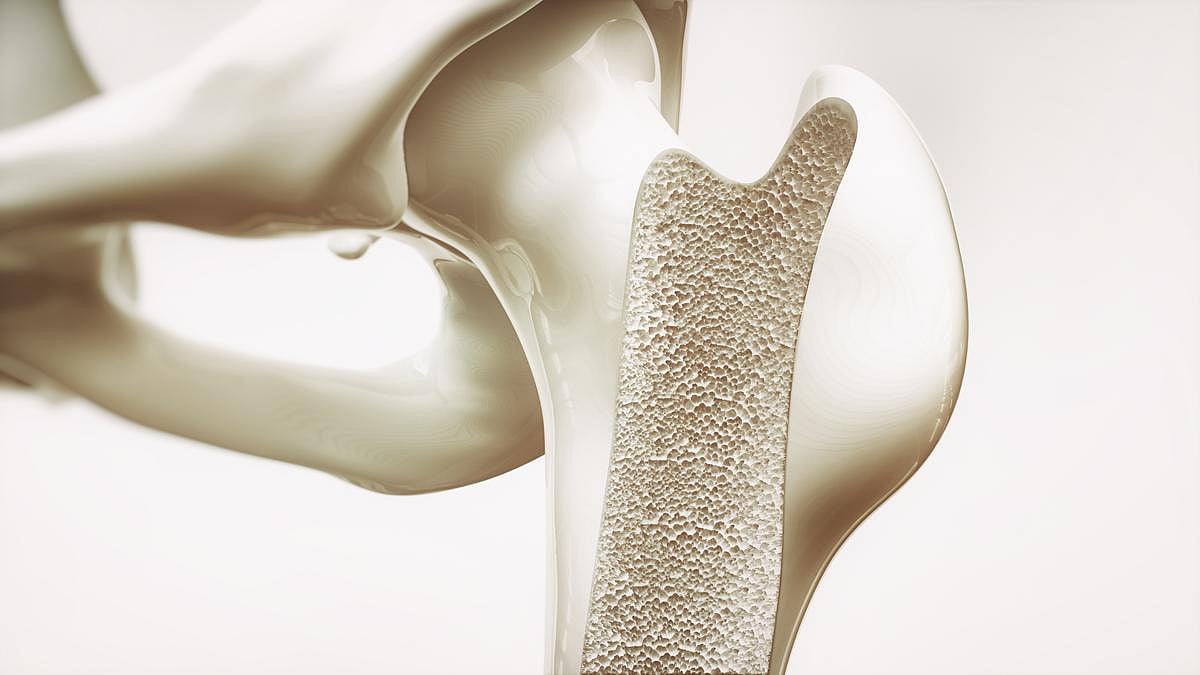Patient Resources
Get Healthy!
Weighted Vests Don't Protect Bone Health In Dieting Seniors, Trial Says
- June 24, 2025
- Dennis Thompson
- HealthDay Reporter

Weighted vests have been touted as a potential means of warding off osteoporosis while losing weight.
The idea is that the extra weight will promote new bone growth even as people are walking or jogging to lose weight.
But this idea isn’t backed up by results, a new clinical trial says.
Seniors with obesity who wore weighted vests did drop excess pounds, but the vests did not significantly prevent bone density loss, researchers reported June 20 in JAMA Network Open.
“We hoped that replacing lost weight externally or increasing mechanical loading through exercise would preserve bone, but our findings show that these strategies alone may not be enough,” said lead researcher Kristen Beavers, a professor of internal medicine, gerontology and geriatric medicine at Wake Forest University School of Medicine in Winston-Salem, N.C.
Weight loss is encouraged among heavy seniors to help protect their heart and joint health, but it also can lead to bone loss, researchers said in background notes.
To see if weighted vests might help, researchers recruited 150 seniors with obesity. Their average age was 66. Participants were randomly assigned to one of three groups, all of whom took part in a weight-loss diet.
One group received the diet alone, which included a partial meal replacement program along with regular nutrition classes. A second had the diet plus regular resistance training.
The third group had the weight loss diet and were asked to wear a weighted vest at least eight hours a day, during the most active part of their day. Weights were regularly added to the vest to match the pounds they’d lost through dieting.
All three groups achieved similar significant weight loss of 9% to 11% of body weight during a year on the diet, researchers found.
Unfortunately, all three groups also experienced a similar rate of decrease in hip bone density, results show.
This doesn’t mean that seniors who have a weighted vest should stop using it, Beavers said. The added weight can help them lose pounds, add to their strength and improve day-to-day abilities like getting out of a chair.
But doctors are going to need to figure out other ways to help older folks protect their bone health, she said.
“Fractures in older adults can be life-altering,” Beavers said. “Our study reinforces that we need to think beyond traditional exercise and consider new or combined approaches to protect bone during weight loss.”
More information
Harvard Medical School has more on wearable weights during exercise.
SOURCE: Wake Forest University, news release, June 20, 2025

